What to look for when buying a pair of Bluetooth headphones
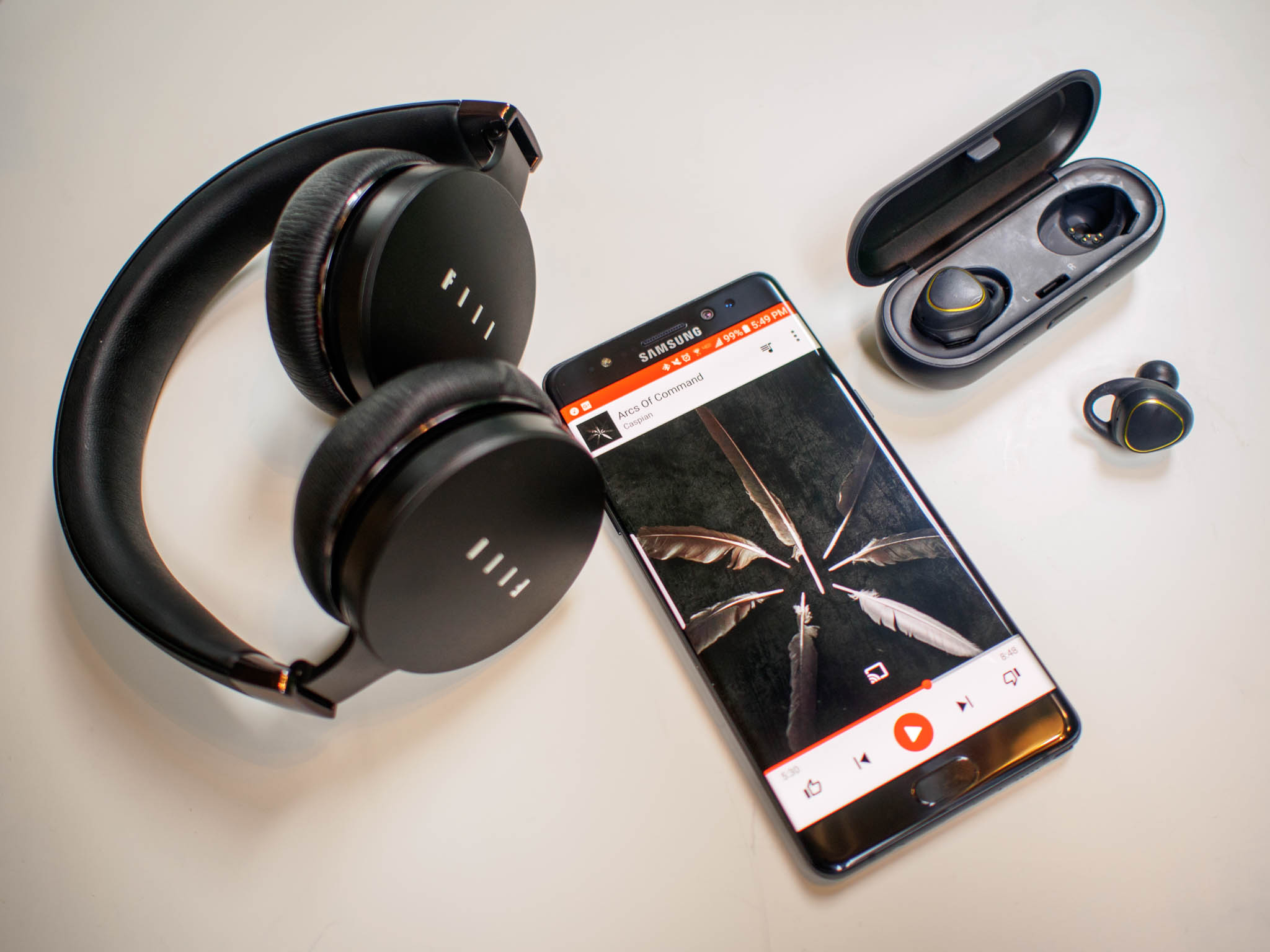
There are so many different Bluetooth headphone models from different companies — and of course, they all claim they are the best — and so many different opinions that it's easy to feel lost and end up buying something that doesn't work for you. And they aren't exactly cheap, which can make it a costly mistake.
You can save yourself a bit of a headache if you think about what you are looking for before you click the Buy button or hand your plastic to someone. Experts — both pro and amateur — usually tell you why they think something like a particular pair of Bluetooth headphones are the best. Most times you'll be able to decide if the things they think are important are things you think are important and buying on a recommendation usually works out. But if you like to research before you buy, or even know what the experts look for, we've got five things you need to consider.
Comfort and fit
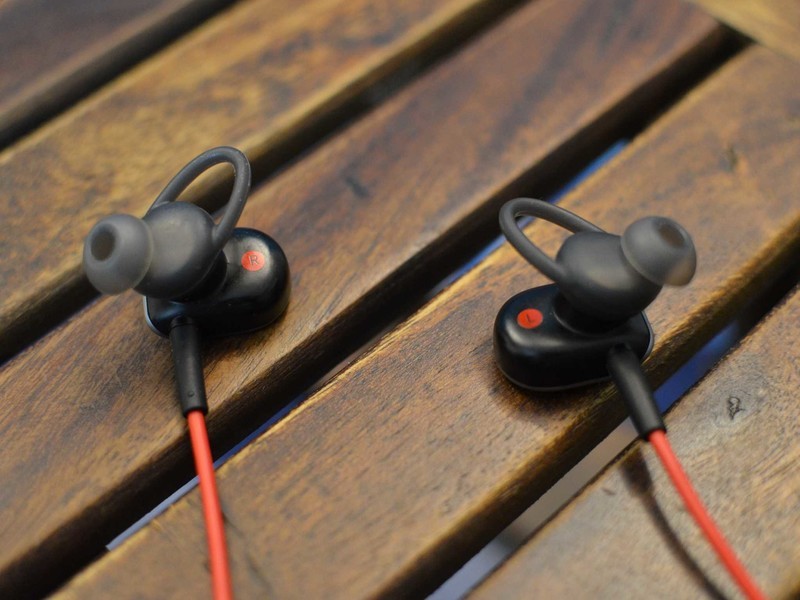
Knowing how you're going to be using your headphones can make a big difference. The best Bluetooth headphones for someone who listens while running every morning aren't going to be the best for someone who uses them to listen to music or audio books while they are working. Decide which style of headphone you want — Bluetooth headphones come as earbuds, on-ear, over-ear, open back and most every other style that wired headphones use. Think about how you'll use them, then look at other options.
Read user reviews to see if others have complaints about how they feel while they're being used.
Once you've figured out what type of headphones you want, think about how comfortable they will be. Some earbuds pop out all the time. Some over-ear headphones can feel heavy or clamp your head too tightly. Read user reviews to see if others have complaints about how they feel while they're being used.
There are two absolute truths here — everyone hates uncomfortable headphones, and people like to complain. Use that to your advantage. Of course, nothing beats trying on a pair yourself. If you have access to a place that specializes in electronics or audio gear, take the time to check out what they have for sale. Don't be afraid to try on any outside-the-ear models.
Battery
The next thing to look for is how long the battery will last and how easily they charge.
There is nothing wrong with a pair of headphones that will only get five hours of use from a charge, provided you won't need to use them longer than five hours at a stretch — and they don't hurt your head while doing it. But if you need a pair to last you all day plus a commute, for example, that's not going to work. Look at the packaging or the product's website to see what the people who make them say, then knock off about 15% of the times they give. Also, reviews will quickly tell you if the manufacturer is grossly over-estimating the battery life.
Be an expert in 5 minutes
Get the latest news from Android Central, your trusted companion in the world of Android
Will you lose a proprietary charging cable or other attachment? I would, so I stick to devices that charge over USB.
How they charge is just as important. Will you lose a proprietary charging cable or other attachment? I would, so I stick to devices that charge over USB. Check to see if they can be charged while you're using them because one day you just might need to do it. Pick a pair that makes it convenient for you to maintain a charge.
Technology
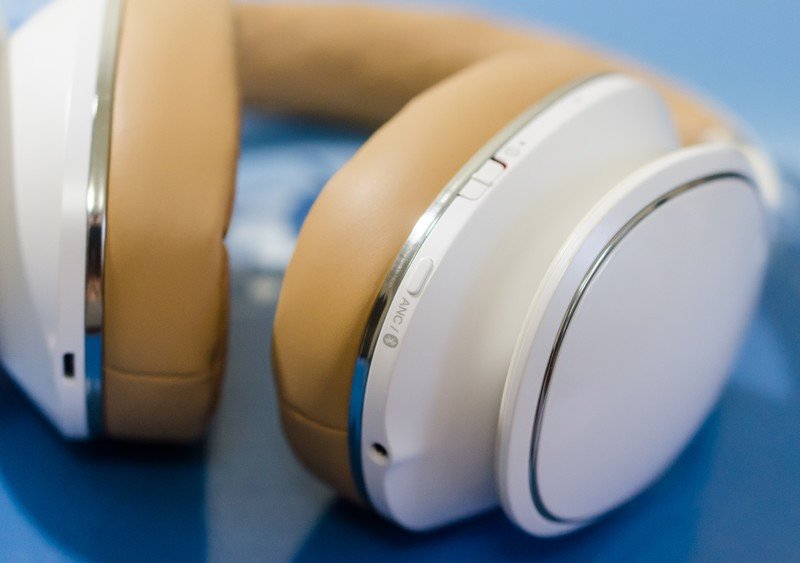
How they work and what they can do is pretty important when it comes to headphones. An obvious example would be needing a microphone to answer the occasional phone call, but there are other things to look for that can be just as important.
- aptX is a set of audio codec compression algorithms from Qualcomm. Bluetooth isn't a very fast wireless connection, so the files get an extra layer of compression. Your Bluetooth headphones will need to decompress the data and play it back. aptX does a really good job with this. Your phone may not support aptX, but it's a wise decision to look for it anyway because your car or your laptop might.
- A2DP and other Bluetooth profiles can be important. All Bluetooth headphones should support A2DP (Advanced Audio Distribution Profile), which is the protocol used to stream digital audio from one device to another. Headsets — both single ear or both ears — might not. Other profiles that can be important if you want to use your headphones as a headset are HSP (Headset Profile) to allow for use in calls, HFP (Hands-Free Profile) to allow for things like last number redialing or call waiting. If you just want to listen to media — movies, music audio books and the like — you won't have to worry much about this. If you know you'll be using the headphones for calling, you should.
- Bluetooth version is important. Don't buy a pair of Bluetooth headphones that don't support Bluetooth 4.2. Android supports it fully, and your phone probably uses it. Besides Internet of Things connectivity improvements, 4.2 brought some critical security features. While nobody will hack your headphones, seeing no wires means they know that your phone has Bluetooth turned on.
The best Bluetooth headphones will support Bluetooth 4.2 and aptX.
More importantly, devices with mismatched versions can get flaky when paired together. Everything is supposed to be backwards-compatible, but getting the right equipment up front is always the best solution. Having said that, your phone probably is using Bluetooth 4.3, but the changes in the small version bump don't affect any of the audio transfer protocols; they were only for Bluetooth LE (Low Energy) devices that stay connected and stay powered all the time.
- Extra features can be a great addition. Make sure you don't need them to use your headphones, but an app can offer extras that aren't part of the regular Bluetooth stack. The Samsung Level app is a great example and lets you use audio presets for "better" sound or use speech to text for input when using Samsung Level headphones. Without the app, the headphones still work — which is the important part — but the extras are nice. Also, decide if you need to be able to answer calls, or skip tracks, pause/play or use any other controls from your headset. You can't add any of this later.
- Noise cancellation is a must-have for a lot of people. If you are one of them, don't depend on anything but active (powered) noise cancellation. A tight fit and thick foam pads can muffle a lot of sounds, but that's not a substitute. Some expensive models also offer a noise-cancelling microphone (like the one in your phone) that cancels ambient noise to make voice calls clearer. These make a set of headphones more expensive, but can be worth it.
The sound
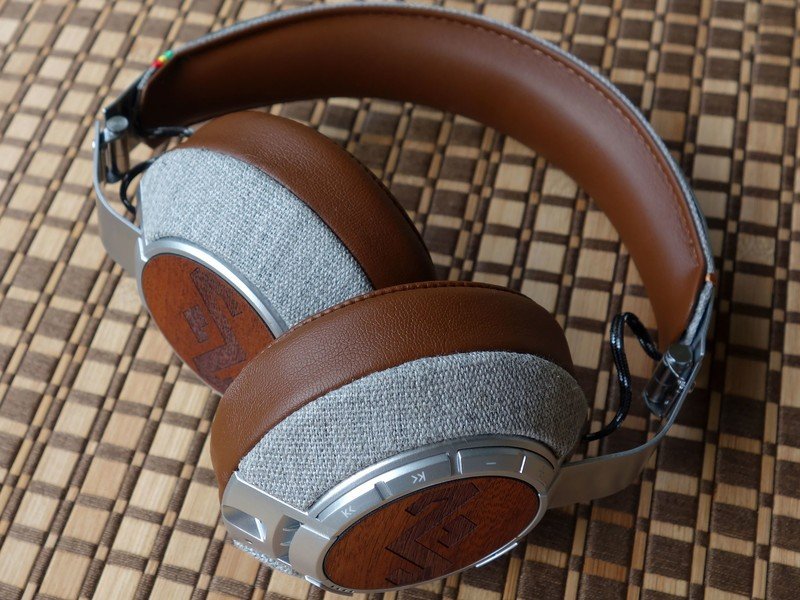
The way your music and movies sound matters. You know what's acceptable and what is not for your ears, but if you see folks saying that a particular pair of headphones sounds bad or sounds great, it usually means exactly that. Some headphones, Bluetooth or wired, just sound bad because of the design or the fit.
Some headphones just sound bad so check user reviews before you buy.
Don't go into this thinking that you'll get the same level of fidelity from Bluetooth that you can with wired headphones. The audio processing components on quality Bluetooth models can be very good, but the source data from your phone over Bluetooth isn't good enough to make use of the great hardware. For now. aptX Lossless is coming (announced in June 2016) and should make for obvious improvements.
Chances are, a good pair of Bluetooth 4.2 headphones with aptX support (with a phone that has the license to use it) will sound plenty good enough for most people under most conditions. Just look at what others are saying to make sure you aren't buying one of those odd models that doesn't.
The price
Finally, once you've sorted out models that suit all of your needs, it's time to think about the price. Like everything, recognizable brands will be more costly. Names like Bose or Sony or Sennheiser can have $400+ price tags attached, but usually offer excellent noise and call cancellation, a comfortable fit, and great battery life. For a lot of us, that makes them worth the price. But Jabra or JBL have models that are almost as good in the same areas at one-fourth the price.
I can't tell you how much to spend. Looking back at the money I've spent on headphones over the years, I shouldn't be telling anyone what to spend on them. But I can tell you that money should be your final deciding factor because great Bluetooth headphones come in all price ranges. A name or a style might be worth the premium for you, and that's OK.
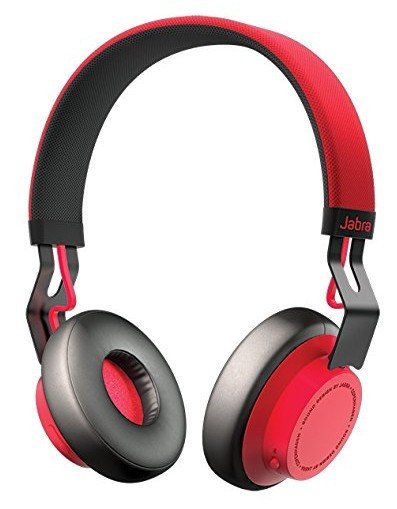
Like everything else, buying Bluetooth headphones will be easier if you know what you're looking for before you go looking for it. If I were buying a pair of Bluetooth headphones today, I'd pick up a pair of Jabra MOVEs. They hit all the points that are important to me — comfort, battery life, audio quality, and easy controls — without the extras I don't want or need. They're also less than half the price of the Bose QuietComfort models other folks here at AC think are best for them.
Ultimately, we're both right.

Jerry is an amateur woodworker and struggling shade tree mechanic. There's nothing he can't take apart, but many things he can't reassemble. You'll find him writing and speaking his loud opinion on Android Central and occasionally on Threads.
